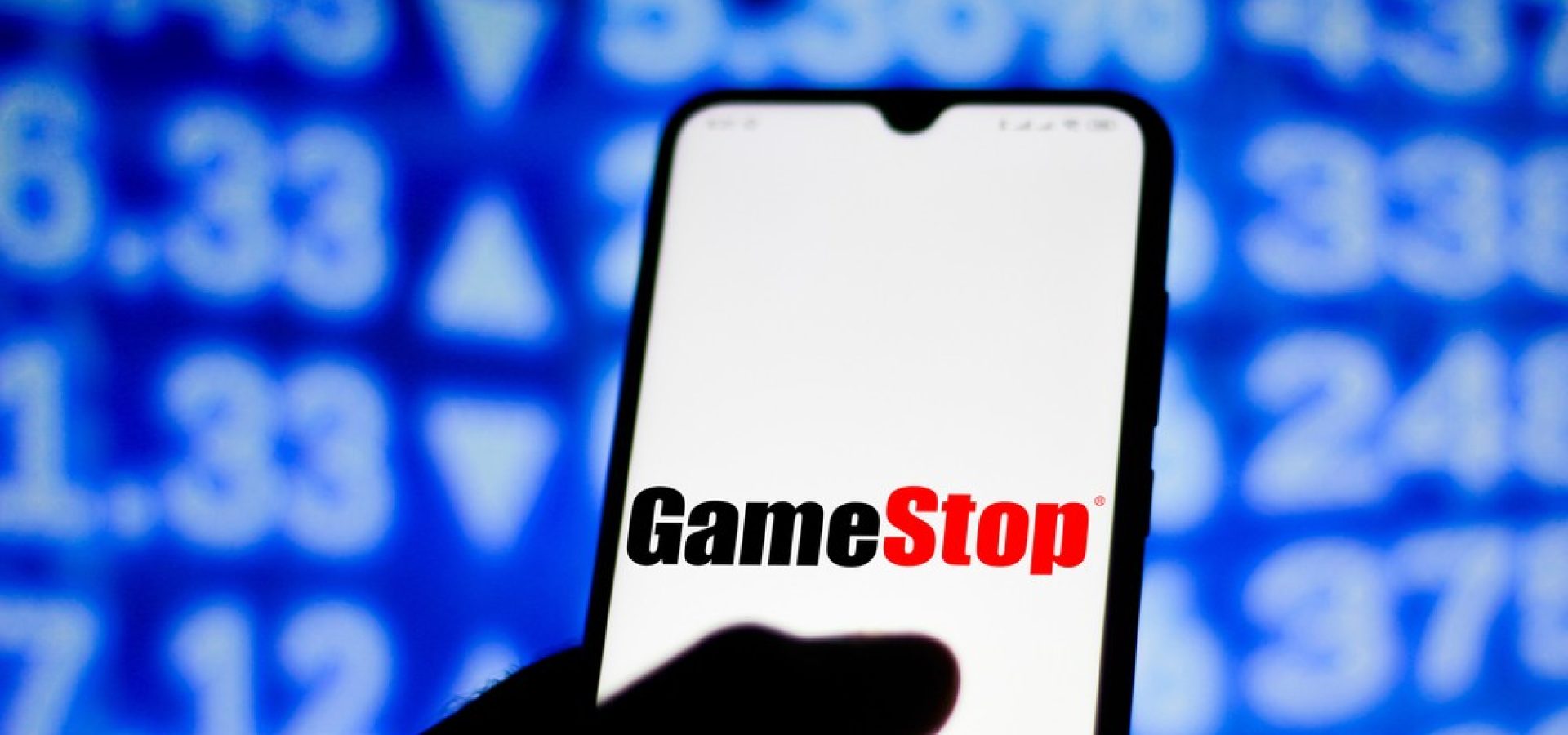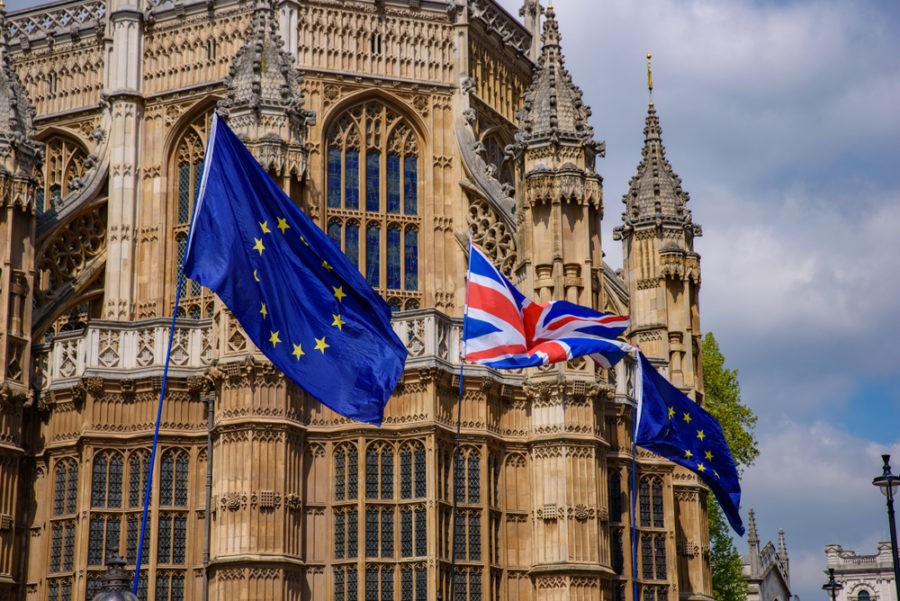Major players in the GameStop stock frenzy destabilized Wall Street in late January. They told skeptical US lawmakers that their financial strategies are legal and in line with common trading activity on Thursday.
The US House Committee on Financial Services held a virtual hearing to shed light on this fever that hit the New York market last month.
Robinhood CEO Vlad Tenev, his Melvin Capital counterpart Gabriel Plotkin, Reddit CEO and co-founder Steve Huffman, Citadel CEO Kenneth Griffin, and Keith Gill, the forerunner also known as Roaring Kitty, have tried to evade responsibilities and justify their role.
Tenev said that Robinhood had changed the world of investing for the better, clarifying that the company did not favor hedge funds.
According to him, the trading limits that they put in place at GameStop and other securities were necessary to allow them to continue to meet deposit requirements to support client trading on their platform. He apologized to his clients for these restrictions.
Kenneth Griffin, a founder of Citadel Securities, defended the fundamental role of this entity in processing the orders of retail investors. He accented that he was not involved in Robinhood’s decision to limit the trading of GameStop.
Gabriel Plotkin, the founder of Melvin Capital, told lawmakers that his company learned a painful lesson through its short position at GameStop. However, he clarified that the hedge fund did not have to be “rescued.” He also noted that his signature had nothing to do with Robinhood’s decision to ban Gamestop trading.
It is very important to understand that absolutely none of Melvin’s short positions are part of any effort to depress or manipulate a downward share price artificially, he said, defending the legality of his actions.
Roaring Kitty presented himself as a non-institutional investor
During the session before the Congressional Financial Services Committee, chaired by Democrat Maxine Waters, “RoaringKitty” also intervened. In his testimony, Gill supported his “fundamental case” for holding long-term positions at GameStop. He emphasized that he did not belong to any group that tried to create movements in the share price. He explained to lawmakers that he never had a financial relationship with any hedge fund.
Also, he confirmed that he did not have any information about GameStop other than publicly available, nor did he contact any person with confidential information about this company. According to his plea as an individual investor, Gill reiterated that he used publicly available information to study the market and individual companies’ value.









COMMENTS